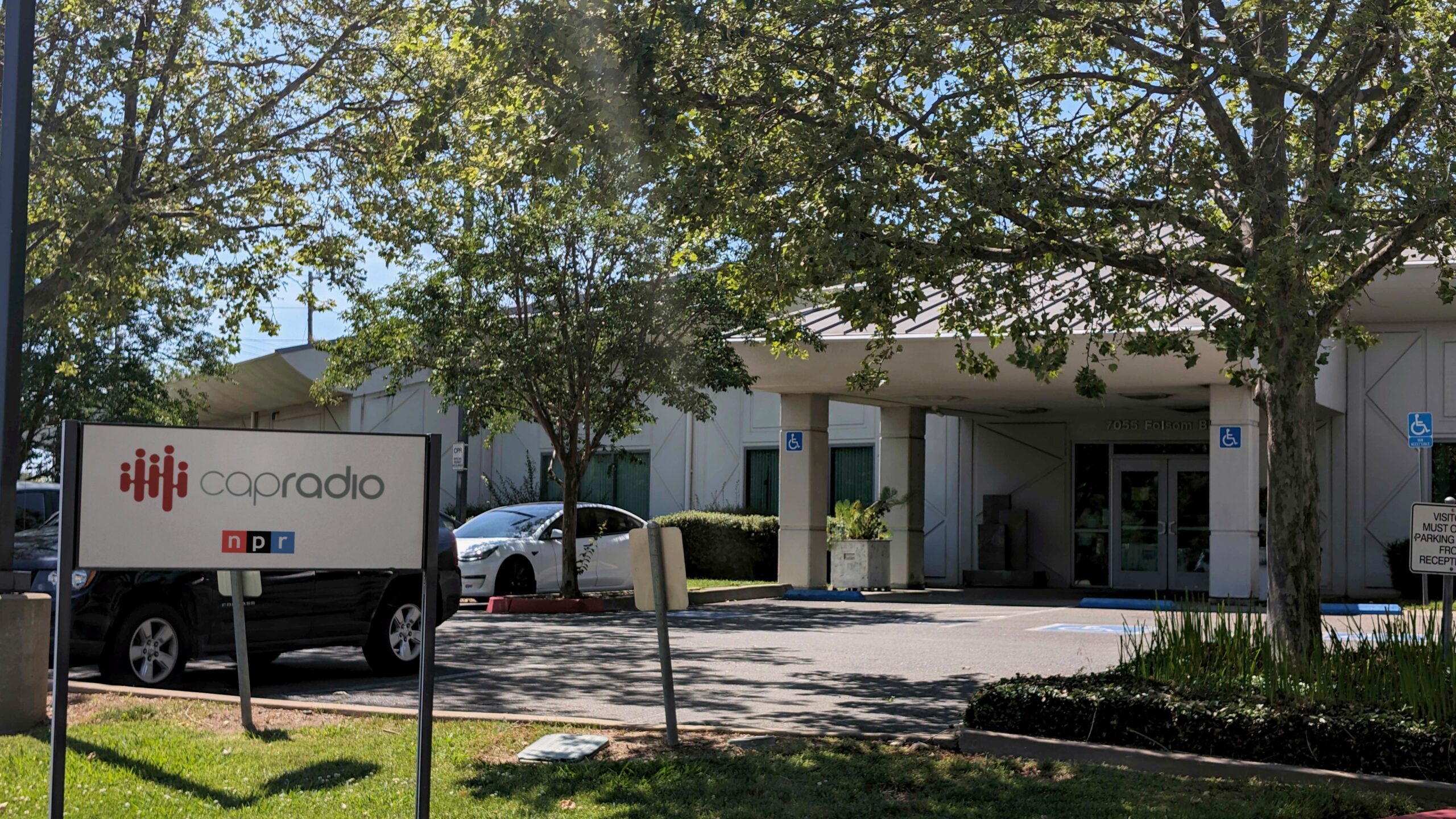NPR, stations prepare for possible impact of coronavirus: ‘This may be a marathon, not a sprint’

radioshoot / Shutterstock
KCRW in Santa Monica, Calif., is giving staffers their own microphone covers as a precaution against COVID-19 transmission.
As they cover the global outbreak of the new coronavirus, NPR and stations are also taking steps to mitigate risks.
Station leaders are making plans for responding to worsening conditions linked to the virus that could affect employees and their work. COVID-19, the disease caused by the virus, has spread to 99 people in the U.S., according to the Centers for Disease Control and Prevention.
At KUOW in Seattle, management has been in “frequent communication with staff about prevention best practices” and encouraging them to stay home if they are unwell, spokesperson Michaela Gianotti said in an email. Seventy cases have been confirmed in the state, according to the Washington State Department of Health.
“We are reinforcing remote reporting protocols and being prepared to work from home, if needed, and will continue to utilize phone interviews as a safe option for gathering information,” Gianotti said. “All team members have veto rights to say they do not feel comfortable going on an assignment and we have safety protocols for reporters working on covering this story.”
At Vermont Public Radio, a team of staffers from different departments has been working for a few weeks to include COVID-19 in the station’s emergency plan, according to GM Scott Finn. The station has put a freeze on new travel and is making sure staffers have tools and technology to work from home. “Most of our staff has worked from home before, but not everybody, and not for long periods of time, either,” Finn said.
VPR is also considering changing from live to prerecorded breaks, including local newscasts, if employees need to work from home. In addition, it is planning for how to absorb a decline in underwriting income if businesses curb spending due to impact from the virus.
NPR is sharing with stations guidelines and strategies related to the coronavirus. In a memo to station leaders Wednesday obtained by Current, Gemma Hooley, SVP for member partnership, said many stations are “reaching out to various departments at NPR seeking guidance and information on aspects of editorial and operational planning.”
NPR planned to hold a webinar for stations Thursday in which NPR Science Desk staffers would provide the latest updates on the outbreak, according to the memo.
The network also provided station leaders with a list of best practices that NPR had shared with its editorial teams on Tuesday. Beyond the basics — washing hands for at least 20 seconds and staying home when sick — NPR also said that any team member can veto an assignment that involves some risk.
When interviewing someone who treated or may have come in direct contact with someone with COVID-19, NPR suggests staying at least six feet from the interviewee and avoiding shaking hands with that person.
“This is a big story but find time to rest,” the guidelines said. “This may be a marathon, not a sprint.”
Ed Ulman, CEO of Alaska Public Media, told Current in an email that he relied heavily on CDC’s workplace guidelines for planning and responding to COVID-19 in a memo sent Monday to staff and AKPM’s board.
AKPM is posting signs around the workplace reminding staff to stay home if sick and how to wash hands and follow other best practices. The memo reminded staff not to make “determinations of risk based on race or country of origin, and be sure to maintain the confidentiality of people with confirmed COVID-19.”
The station has also developed an emergency plan for essential employees that it will activate if local schools or state or municipal agencies close.
KCRW in Santa Monica, Calif., hasn’t limited employee travel or canceled live events but is taking precautions in its studios, said COO Jill Smayo. The station is giving individual microphone covers to on-air staff and making latex gloves available “to give people additional peace of mind,” Smayo said.
“We’ve looked at what if we had to scale back or change some of our live-event planning over the next few months,” Smayo said. “We haven’t made any changes, but it is something we want to be aware of and be thoughtful of as things develop.”
The station isn’t developing special emergency plans because of the coronavirus but relying on plans it has created for other natural disasters like wildfires and earthquakes, Smayo said.
“We’ve been able to test some of those systems in the past to make sure that we have different levels of staffing in the building and can still serve our audience,” Smayo said.





